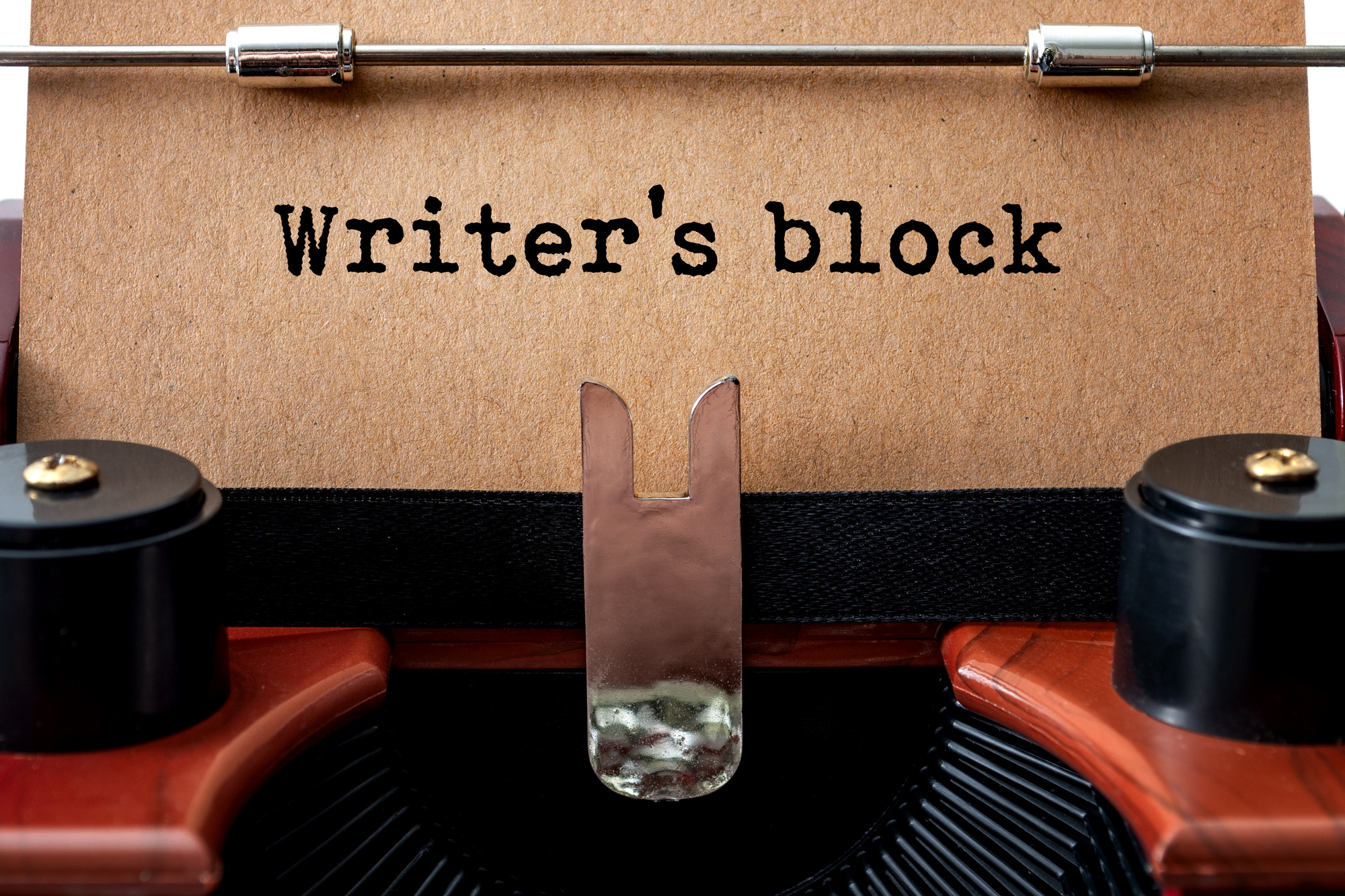Got Writer’s Block?: Top 10 Effective Brainstorming Techniques for Writers

You’ve cranked out 20 pages within the last week and you’re on track to knock out another five before the day is over. In the middle of a sentence, you pause to find the perfect word.
Then it hits you.
The one thing that all writer’s dread most: Writer’s block. Surely it’ll pass, you think. And there you are, 15 minutes later, still staring at the same half-sentence.
It seems that your writer’s block is here to stay. But it doesn’t have to be. Use these five brainstorming techniques to overcome your writer’s block and finish your masterpiece once and for all!
1. Write For Five Minutes Straight
This is a particularly good solution if you’re just getting started for the day. Take five minutes and write without pausing.
It doesn’t matter if it isn’t ‘good’ or how many mistakes you make. Your writing doesn’t even have to make any sense. Just start writing and keep writing for five minutes straight.
You’ll be surprised at how well the ideas flow once you’ve finished your warmup.
2. Create A Word Cluster
Word clusters are an old, tried-and-true creative exercise. Though they’re old, they’re still quite effective.
Let’s say you’re trying to determine the first steps to writing a novel and you only have an idea. Believe it or not, that’s enough to go off of.
Simply list a word, then draw a line and write a related word. Keep going until you feel ready to write.
Maybe you’re writing a detective novel, for instance. There’s a lot to work with already! You could start with ‘Detective novel’ then spin that off into ‘Horror’ or ‘Neo-Noir’ or ‘Cyberpunk’ and go from there.
3. Outline Your Ideas
If a word cluster isn’t quite your cup of tea, there’s nothing wrong with a straightforward outline of your ideas. The process is even similar to creating a word cluster.
Using our novel example, your best bet is to start with a beat by beat breakdown of each chapter. So for chapter one, you’d write something like ‘Introduction of the main character’.
While outlining doesn’t always sound creative, seeing your ideas clearly and cleanly laid out before you in a list format is an instrumental part of the writing process
4. Change Your Surroundings
Sometimes the problem isn’t you at all, it’s your surroundings. A dirty, clutter-filled apartment is going to be a lot more difficult to work in than, say, a coffee shop or a clean office.
Don’t be afraid to switch things up and give your brain a little bit of the novelty it’s craving. This is known as the coffee shop effect. New experiences and surroundings put your brain on alert, resulting in faster, clearer thinking.
Plus the caffeine from your favorite teas and coffees assists with creative thinking.
5. Listen To Music
Few things in life are as wonderful and inspiring as music. So don’t be afraid to crank up your favorite tunes or turn on some soft background music depending on which works best for you.
In fact, playing music while you work may improve your focus even though it may seem like a distraction. The simpler and more repetitive the music is, the better. That’s because it forces your brain to pay attention, thus increasing your odds of hitting inspiration.
6. Read…A Lot
Perhaps the best way to overcome writer’s block is to seek inspiration from those you admire. So escape the frustration of brainstorming and immerse yourself in a good story.
Take it from the master of imagination himself, Dr. Seuss, who once said, “The more that you read, the more things you will know. The more that you learn, the more places you’ll go.”
So make an effort to read as much as you can. Not just when you’re hit with writer’s block, either. Set aside at least 30 minutes each day to read. You’ll notice an almost immediate improvement in your writing.
7. Get Some Exercise
Ready to get the ideas flowing? Before you do, you may want to head to the gym or around the block and get your blood pumping, too.
Exercising on a regular or even semi-regular basis can help your creative thinking skills.
8. Embrace Your Writer’s Block
We know, we know, embracing writer’s block seems like a strange way to overcome your invisible foe. But take our word for it, sometimes the best thing to do is simply to accept the fact that you’re out of ideas at the moment.
Forcing your ideas can result in lackluster work, so sometimes it’s better to sit back and stare at your screen until a shred of an idea pops into your head.
Be patient. Writer’s block will pass eventually.
9. Take A Break
Sometimes taking a short break isn’t quite enough to get the ideas flowing. If you’re stuck, try what Neil Gaiman calls hibernation. In fact, Gaiman views writer’s block as a profane term.
The Sandman and Coraline author recommends writers leave their work for a few days. We think it’s a smart idea, too.
You’ll come back to your work refreshed and ready to work while gaining a new perspective on your previous ideas. Take some time to travel, spend time on your hobby, or just hang out with family and friends.
You’ll be surprised at the difference a few days can make.
10. Use Writing Prompts
When push comes to shove, there may be days where the ideas don’t flow no matter how hard you work. Sometimes you’ll need a bit of outside help to get you started.
Writer’s prompts are awesome, helpful story-starters that get the creative juices flowing for you. Best of all, you can find tons online for free or on a brainstorming app.
There’s even an entire Reddit community dedicated to coming up with clever and unique writing prompts.
Use These Brainstorming Techniques To Beat Writer’s Block
Writer’s block may be tough, but we think you’re tougher. No matter how difficult your bout of writer’s block is, you can use these brainstorming techniques to help you overcome it so you can finish your masterpiece.
Be sure to check out our useful tips archive for more great info to help you unlock your inner artist and achieve peak productivity.



